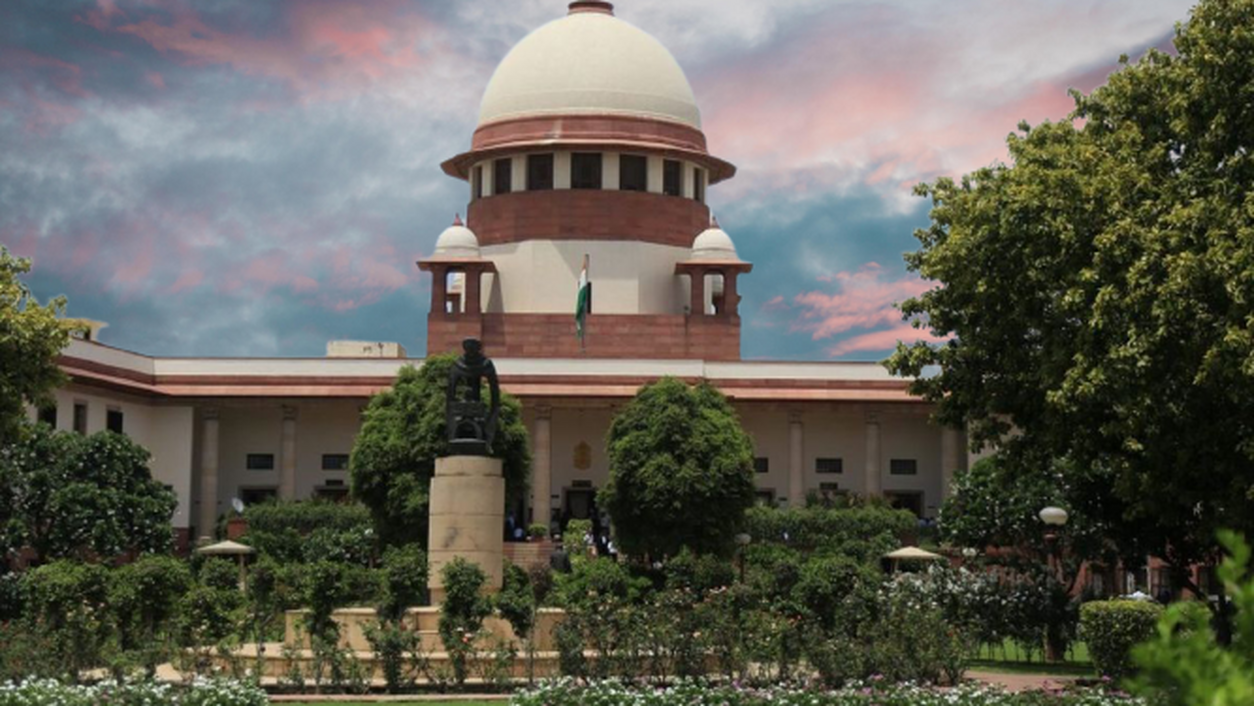SC declines to stay HC order giving bail to 3 activists in Delhi riots case; says over 100-page ‘surprising’ bail order can’t be cited as precedent

By LE Staff
New Delhi, June 18, 2021: The Supreme Court today said it would not immediately interfere with a Delhi High Court order granting bail to student-activists Natasha Narwal, Devangana Kalita and Asif Iqbal Tanha, who are accused of conspiracy in the northeast Delhi riots and have been charged under anti-terror law UAPA.
However, a bench of Justices Hemant Gupta and V Ramasubramanian noted that this case could have “pan-India ramifications” because of the way the Unlawful Activities (Prevention) Act — or UAPA — has been interpreted in the HC verdict granting bail and that the apex court would examine it. The matter will be taken up after July 19.
The Supreme Court said that for the time being, the High Court order could not be used as precedent for other cases, and issued notices to the three activists on the Delhi Police’s appeal challenging the remarks made by the Delhi High Court while granting bail to them.
“The issue is important. It has pan-India ramifications and so we would like to issue notice and decide the matter for the good of the country,” the Supreme Court said.
A Delhi High Court bench comprising Justices Siddharth Mridul and AJ Bhambhani on Thursday passed the release orders for Natasha Narwal and Devangana Kalita, students of the Jawaharlal Nehru University (JNU), and Jamia Millia Islamia student Asif Iqbal Tanha. The three were granted bail previously on Tuesday by the Delhi High Court in a case concerning the northeast Delhi communal violence that took place in February 2020.
In its bail order on Tuesday, the Delhi High Court said that the allegations against the three students do not prima facie disclose the commission of any offence under sections of the Unlawful Activities (Prevention) Act (UAPA). The HC also rules that the additional restrictions on the grant of bail also do not apply. The HC further said the line between terrorist activity and the constitutionally guaranteed right to protest is getting “somewhat blurred” in the mind of the State “in its anxiety to suppress dissent”.
The Delhi Police has challenged the activists’ release in the Supreme Court, saying that in granting bail the High Court had “conducted a mini-trial… (and) recorded perverse findings which are contrary to the record”.
During today’s hearing, the Delhi Police told the apex court that the Delhi High Court in its bail order has “watered down UAPA (and) it had been turned upside down”.
“As many as 53 died, many were police officers… 700 were injured. The court says riots were controlled so UAPA is not applicable… How can the intensity of the offence be diluted?” Solicitor General Tushar Mehta, appearing for Delhi Police, asked.
The top court in response said it was surprised by the unprecedented, over 100-page judgement by the HC in a case in which the only issue in question was bail sought by the accused but the HC had dwelled on the constitutionality of the UAPA, a stringent anti-terror law.
“We agree. There are many questions that arise. The issue is important and can have pan-India ramifications. We would like to issue notice and hear the other side,” the bench said.
Noting that bail had, in fact, been granted, the top court said, “They (the activists) will not be affected, but we will stay the effect of the High Court order”.
Sign up for our weekly newsletter to stay up to date on our product, events featured blog, special offer and all of the exciting things that take place here at Legitquest.




Add a Comment